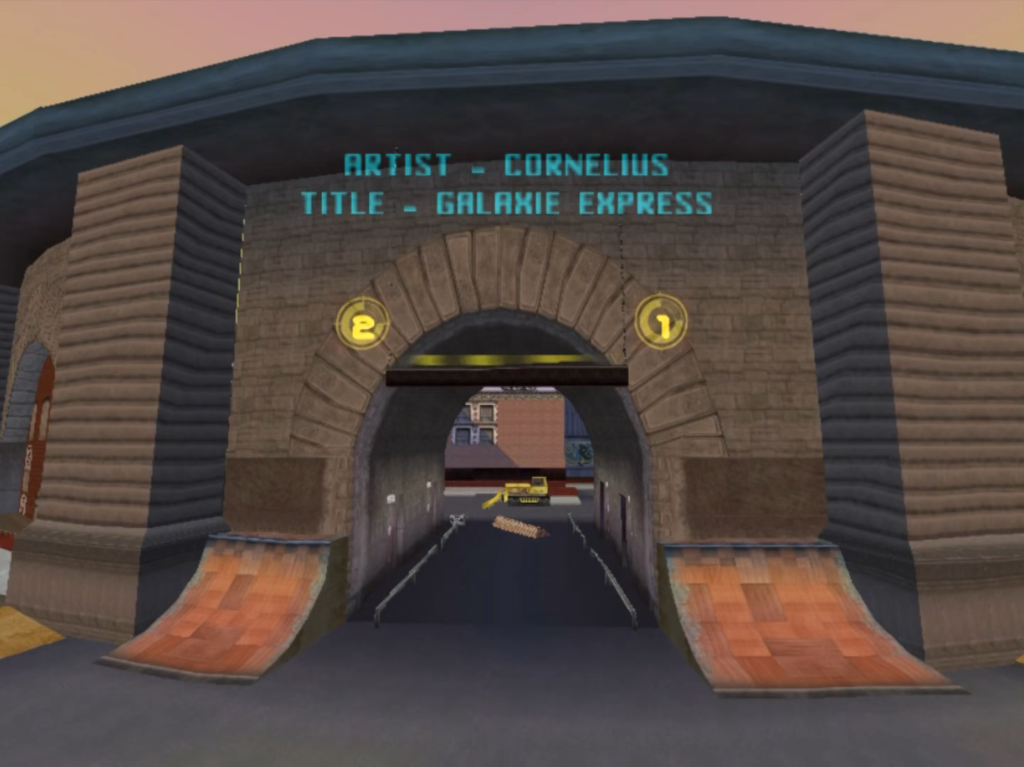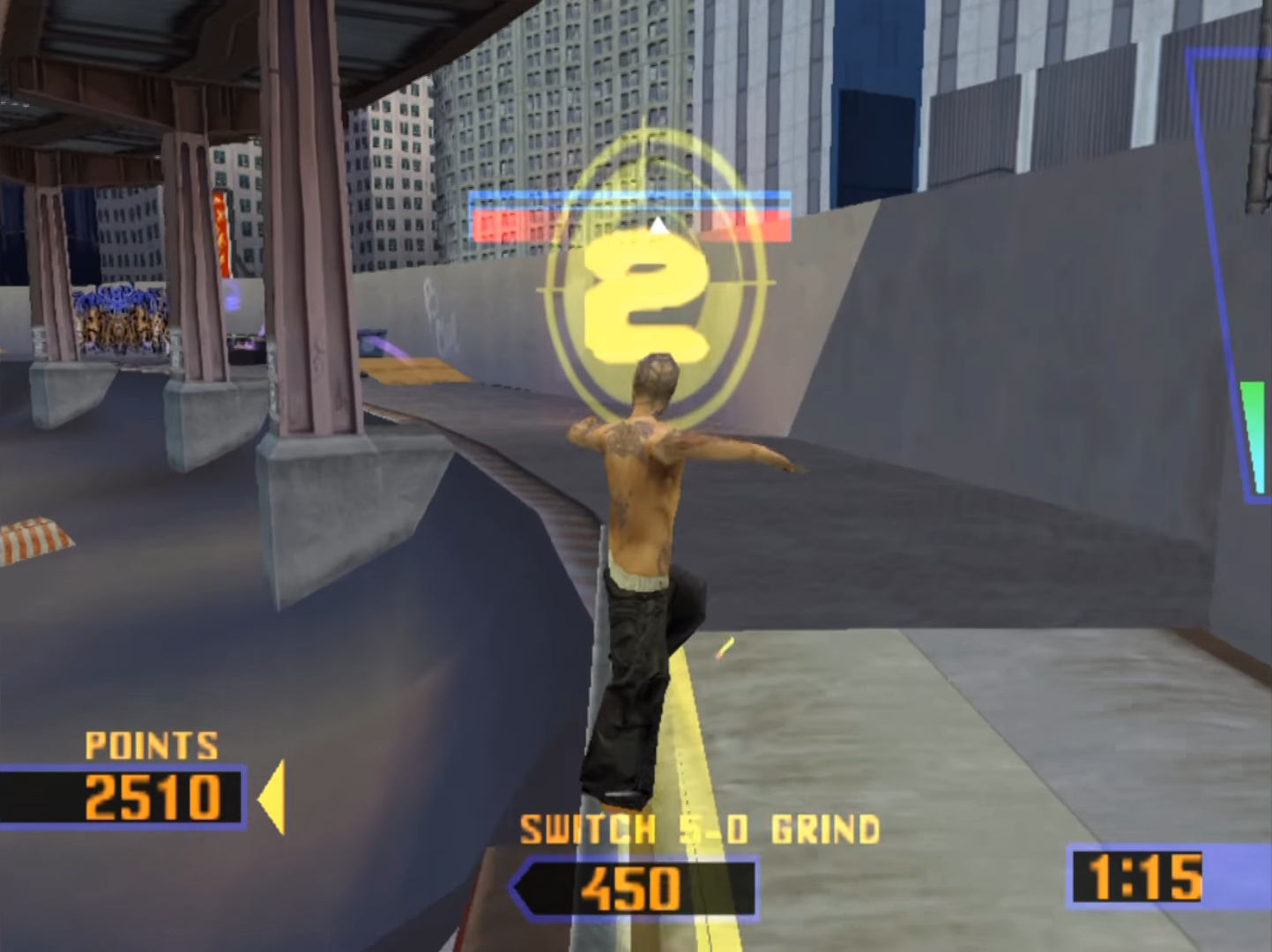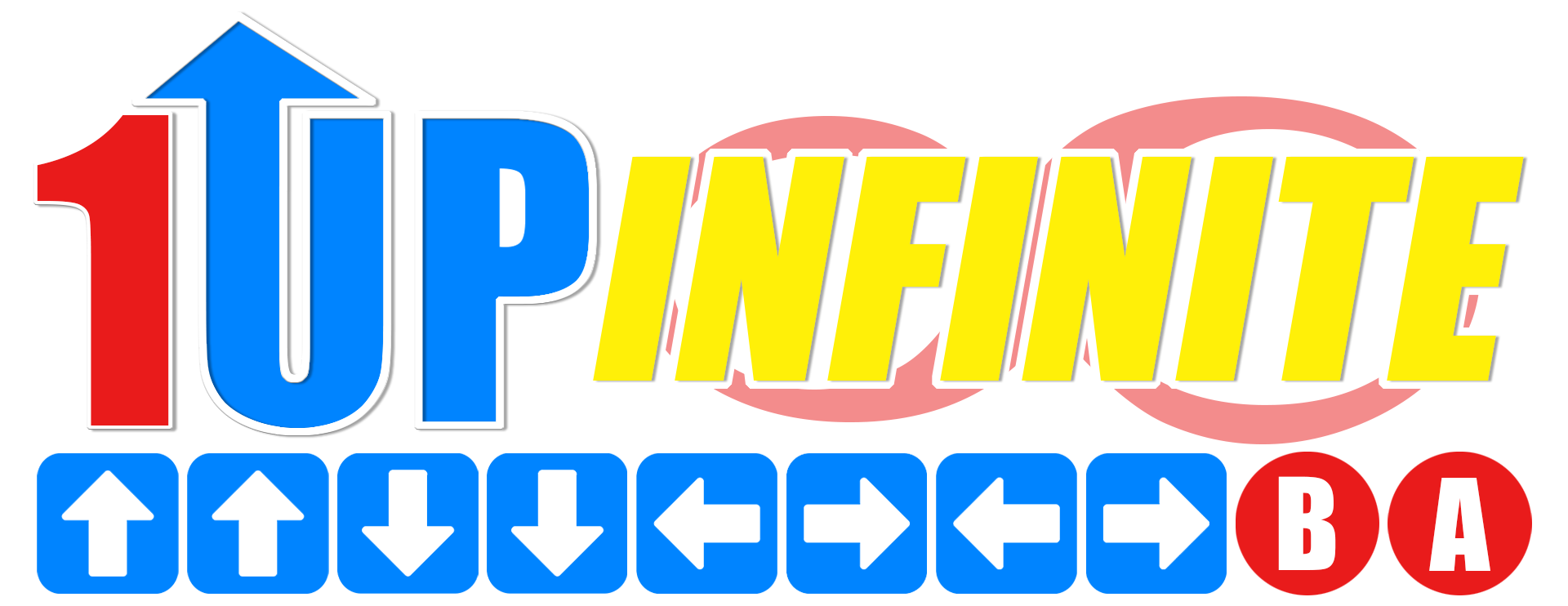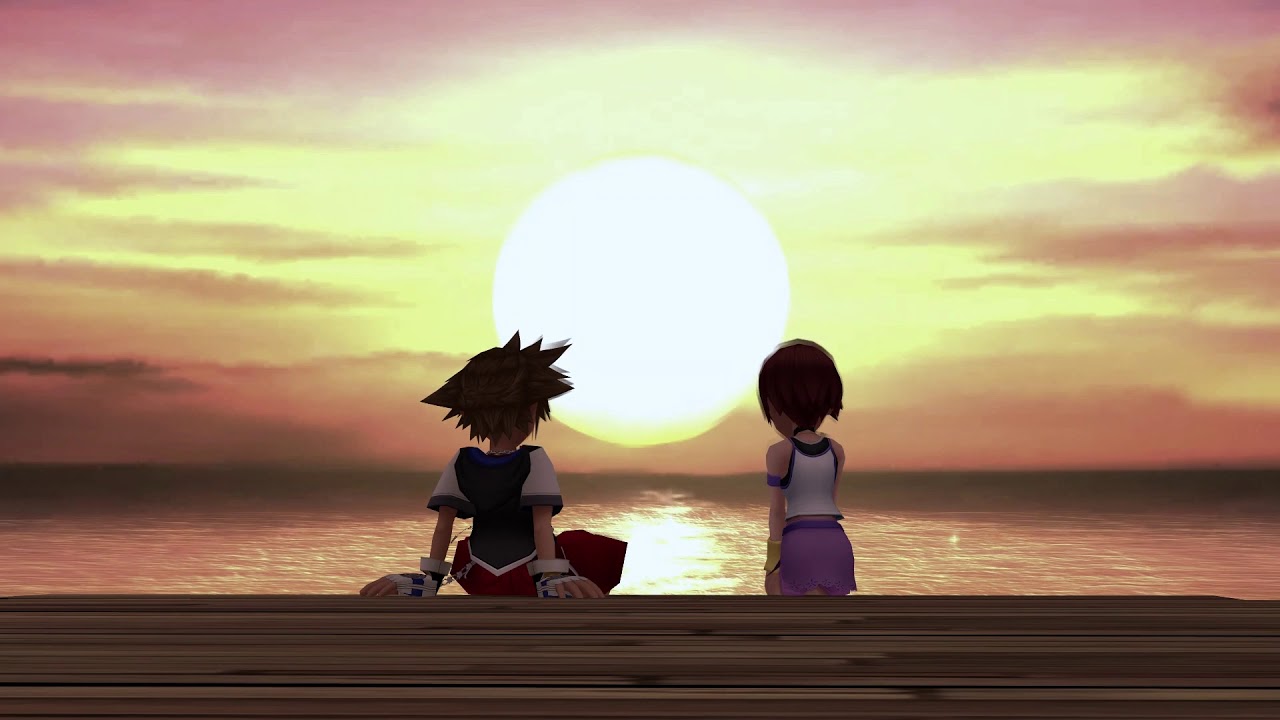The history of licensed music in video games dates as early as the 1990s, with several stars tying their names to certain intellectual properties. Michael Jackson’s Moonwalker and Revolution X were two arcade titles featuring the King of Pop and Aerosmith respectively. Both game soundtracks included digitalized renditions of their greatest hits. A few years before, video game soundtracks were known for their thematic jingles. Now, it was bringing real music into the medium. It would be a few more years until the quality of music increased considerably.
Nowadays, finding licensed music in video games is as easy as stepping outside and following whatever direction the wind is blowing. Back then, it was intriguing to hear music I otherwise would never hear, played in video games that would help shape part of my musical taste into adulthood. Japanese music in the 90s and 2000s wasn’t as popular back then as it is now, simply due to how difficult it was to access it. There were some games released in America that had licensed Japanese music and the six games on this list are the ones that had the most lasting impact on me.
1. Grind Session (Galaxie Express 69 Mix - Salon Music remixed by Cornelius)
Originally released in 2000 and developed by Shaba Games, Grind Session was one of many extreme sports titles created during the early renaissance of skateboarding. Not just in video games, but in the rise of skating as a culture. Whether it was Tony Hawk’s Pro Skater or Thrasher Skate And Destroy, the general soundtracks for these games range from hip-hop, ska, punk, and of course metal. Grind Session’s soundtrack would remain consistent yet there was always one song that stood out for me.
Galaxie Express is a hard-hitting punk rock number with pounding drums and clashing guitars that complement the monotone vocals. After two minutes, the song transitions into a mellow number as the drums and guitar slowly pick back up. It never returns to the aggression of the first two minutes, but it still maintains its energy.


In Grind Session, the song is titled Galaxie Express - Cornelius which led to a lot of confusion in finding this song again. The original composition of “Galaxie Express” was by Salon Music and “69 Mix” was the remix done by Cornelius. This would be the version used for their 1998 album, GIRLS AT OUR TRATT’S BEST! The original version of this song goes by a different name on this album entirely, titled “Super Trainsonic Rock.”
Salon Music’s discography, including this album, is available to stream online. This will be the case for the rest of the songs featured on this list
2. Tony Hawk’s Pro Skater 3 (PULSE - The Mad Capsule Markets)
Coincidentally, it would be a Tony Hawk’s Pro Skater title that would feature the next Japanese licensed song in their video game. Perhaps the most notable and earliest example, Tony Hawk’s Pro Skater 3 consisted of classics including Motorhead’s “Ace of Spades.” and the viral Del song “If You Must.” Among these was a strong representation of the Japanese skateboarding subculture.
Aside from including Tokyo as the final competition level in the game, the Japanese version of Tony Hawk’s Pro Skater 3 featured exclusive skaters. These were Junnosuke Yonesaka, Shin Okada, and Hiroki Saegusa. They even came with their skater videos which is a prize earned for clearing each skater’s Career mode.

Perhaps this was why The Mad Capsule Markets was featured in this game as an artist even though the skaters were Japan-exclusive. Whatever the reason, fans were given one of the most aggressive electronic rock sounds to come from that year. Its heavy Amen-break percussions coupled with distorted vocals and guitars led to some high-scoring records back in my childhood. This was from their Osc-Dis album, released in 1998.
The bassist for The Mad Capsule Markets, Takeshi Ueda, had also contributed to the Ridge Racer V soundtrack under the song "DRFTDVL." Comparing the sound of both songs it's easy to hear that hardcore sound having a heartbeat. Mentioning Ridge Racer 5 leads to the perfect segue as that is the next game on the list.
3. Ridge Racer 5 (Boom Boom Satellites - Fogbound)
Featured as the theme song for the game's opening credits, "Fogbound" is similar in structure to "Galaxie Express" with a greater emphasis on ambient trance. The soft filtered vocals, percussion snares, and numbing bass are some of my favorite memories with Ridge Racer 5's opening race. As previously mentioned with "DRFTDVL," the "neo-future" theme that Ridge Racer 5 felt as if racers were in a dreamlike metropolis. No other series in Ridge Racer was able to capture this and a large part of was thanks to the soundtrack.
The duo was first featured in Gran Turismo 2, with the song Push Eject. This song in comparrison is more aggressive than "Fogbound," but it still maintains the signature percussion work. Both songs fit very well for their respective games as Gran Turismo is more about competition while Ridge Racer is all about looking stylish.
4. SSX Tricky (Baby Portable Rock - Pizzicato Five)
Except for Ridge Racer, almost all the games on this list have been extreme sports titles and SSX Tricky is no different. However, this one is relatively quick as it’s a song most won’t ever hear unless they played the Japanese border, Kaori Nishidake. As the players progress through the ranks with their respective snowboarders, they will be treated to a short clip featuring their character celebrating. The songs that play are meant to complement the riders and in Kaori’s case, Electronic Arts decided on this one.
Pizzicato Five is a J-Pop band from the 80s, with Baby Portable Rock certainly having a “poppy” sound compared to the previously mentioned songs. Its bubbly almost nonsensical lyrics fit Kaori’s carefree personality well. That was something the SSX series always did right in bringing their characters to life, especially through music.
5. The Fast and the Furious (The entire soundtrack)
Second to last on the list isn’t a specific song, but rather the entire soundtrack. When I covered Street Racing Syndicate, I mentioned Drunken Tiger, a South Korean hip-hop group that was featured in that game’s soundtrack. The Fast and the Furious is Eutechnyx’s spiritual successor to Street Racing Syndicate, both games developed by Bandai Namco Entertainment. Released with the intent of being a tie-in to The Fast and the Furious Tokyo Drift, several locations from the movie appear in-game including the Wangan Expressway.
A large number of songs from the game involve DJ Honda, his labelmates, and other related artists. The all-girl rock band Lemon Drop Kick, rapper Hime, and of course the Teriyaki Boyz are few of many who help bring The Fast and the Furious its aggressive hip-hop grunge rock style. I plan on covering this game in more detail as it was a better effort from Eutechnyx than Street Racing Syndicate was. The music is certainly better in this game than its prequel.
6. Kingdom Hearts (Utada Hikaru - Hikari)
I debated on adding this song because it goes against the original list. I wanted to cover songs that were Japanese yet were featured in games released in America. This song does fit two of those criteria. Kingdom Hearts most certainly was released in the West and everyone who played it knows this song under a different name, “Simple & Clean.” Before it was “Simple & Clean,” the original song, “Hikari,” debuted in Hikaru Utada’s third album, Deep River. The “upbeat edm” version that would eventually become the theme for Kingdom Hearts is the “PlanitB” remix.
For the English version of Kingdom Hearts, Utada re-wrote the song under “Simple & Clean,” with the same “PlanitB” remix treatment. However, this song wouldn’t see an official English release until Utada’s second English album This Is The One, released in 2009. Seven years after Kingdom Hearts’s original release.
Looking back at it now, this was a major deal for Japanese music in terms of representation in Western video games. Many players' first experience with Japanese music was Hikaru and it planted the seeds for the international connection that all fans share. This was my original intention in writing this. Music representation in video games has come a long way and once upon a time, it was a bold thing to do. If there are any more games that I missed, I’ll be sure to do a follow-up in the future.

